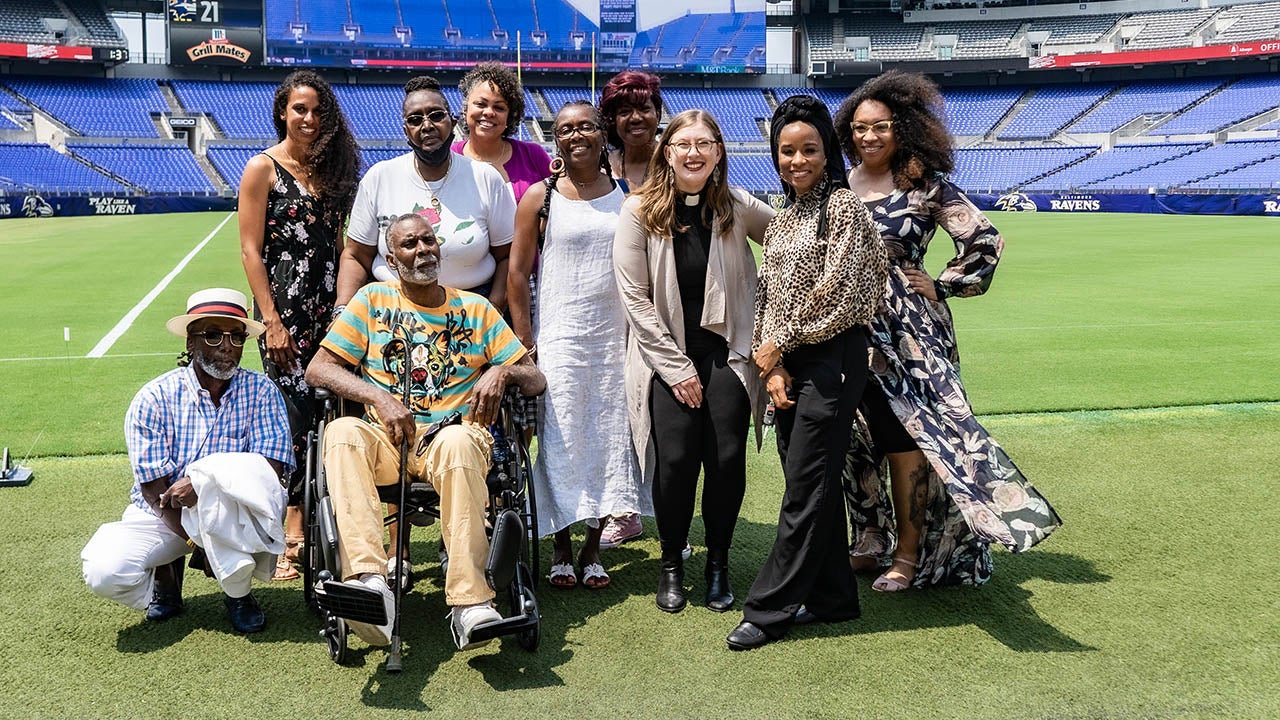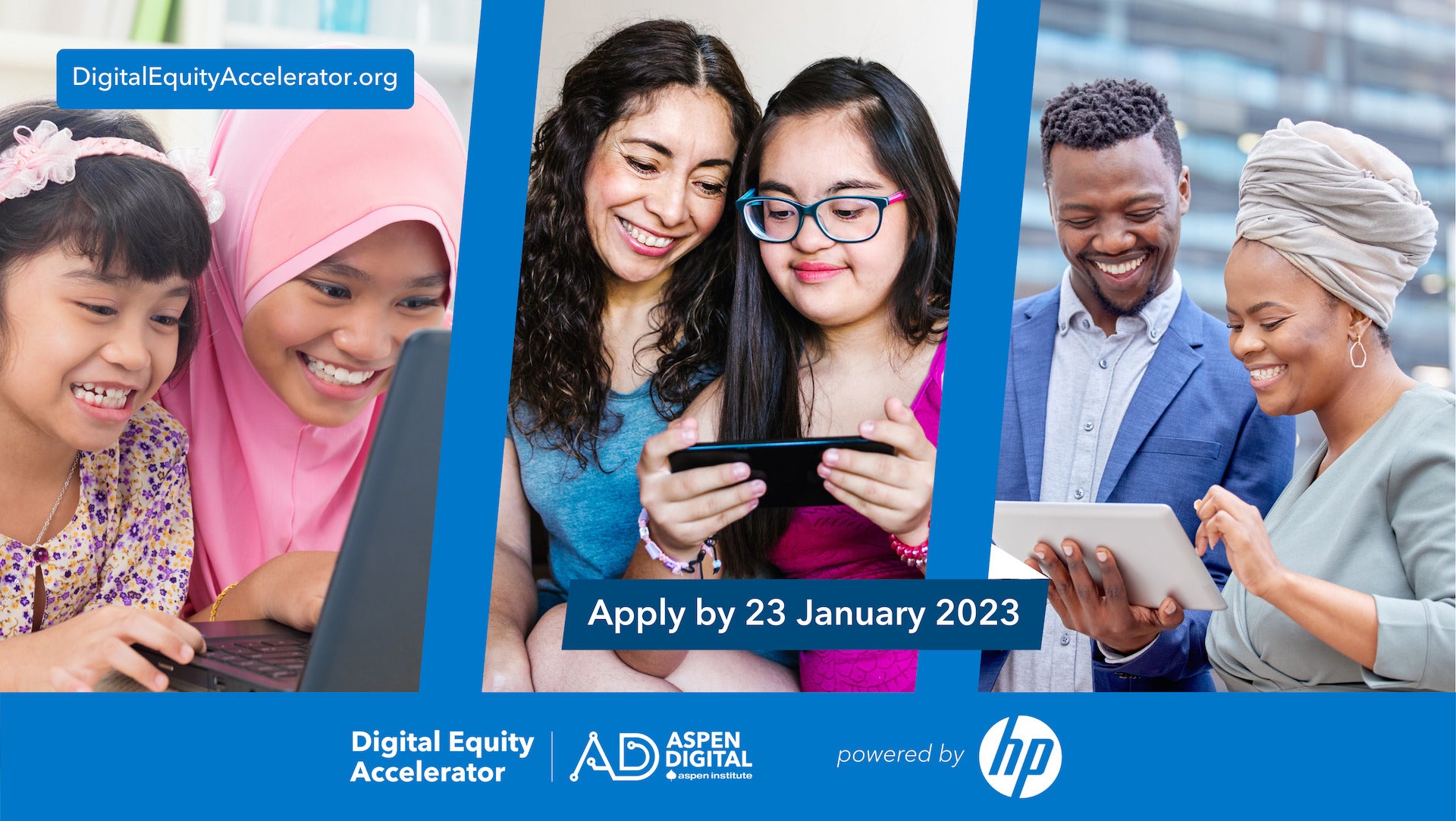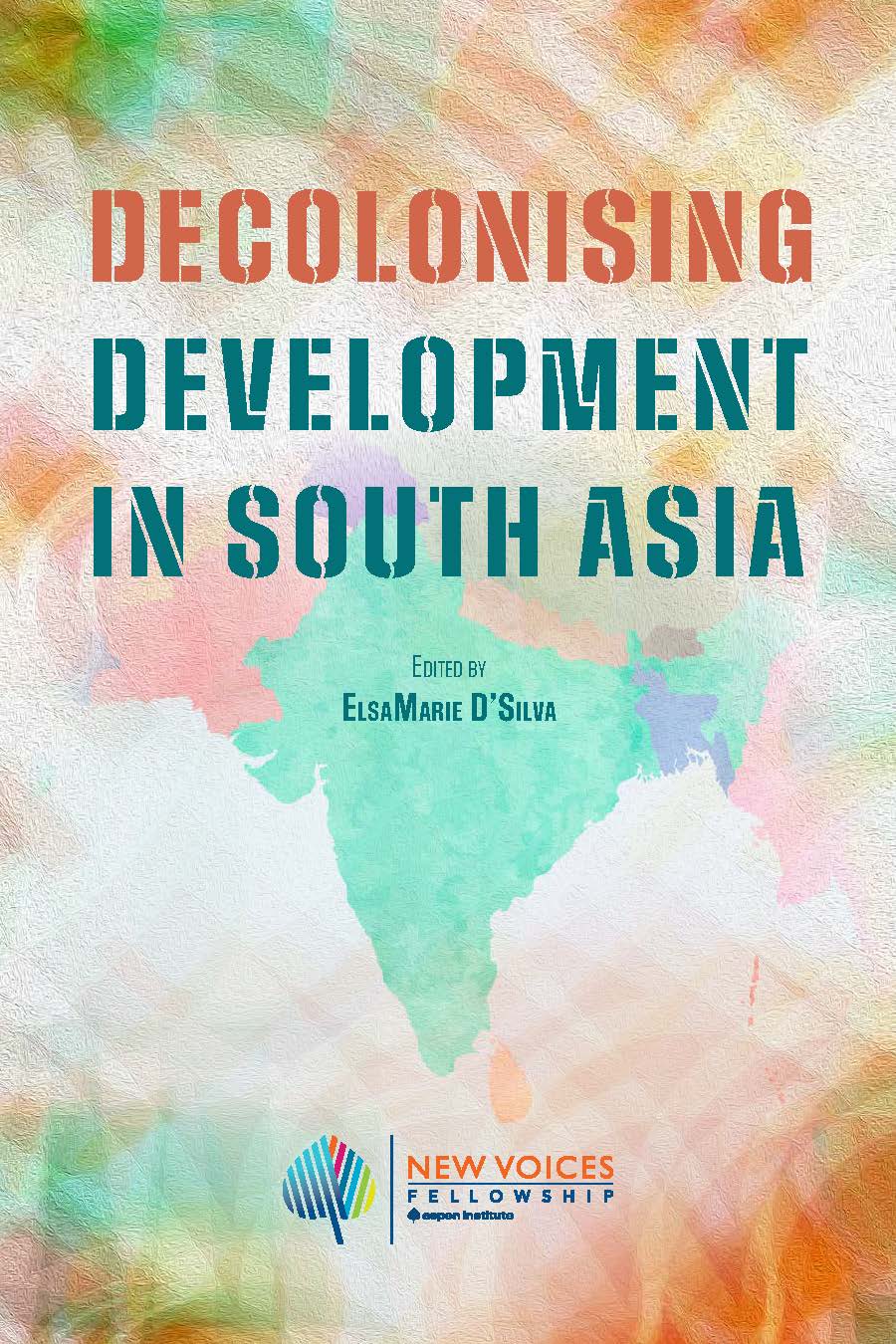There’s a great deal of important development work going on in every corner of the world, yet most of us will never hear about it. The work gets done, local societies benefit, and there is little discussion or fanfare.
But the world is poorer for that. The leaders on the ground—those doing the work—are experts with local experience, and their knowledge should be more widely shared. For this reason, the New Voices Fellowship at the Aspen Institute selects a handful of these leaders each year and works with them to develop their skills in communications and advocacy. The fellowship supports 15 to 20 developmental experts from Africa, Asia, and Latin America who participate in an intensive, one-year non-resident program featuring in-person training and individualized mentoring. Nominations for next year’s fellowship are open until October 20.
“Our fellows are locally-rooted leaders and experts in disciplines like public health, education, agriculture, education, and community activism,” says program director Andrew Quinn. “Through mentorships and networking, we help them hone their messages and elevate their stories.”
Those stories, and fellows’ broader policy opinions, are published on a variety of global platforms, and the associated organizations and movements benefit from this exposure. “Speaking out about an issue creates awareness and it generates supporters,” Quinn says. “Effective communication can change minds, and laws, and lives.”
And quite often, it changes the communicators.
“The New Voices Fellowship truly helped me learn how to write about things I am passionate about,” says current New Voices fellow Oyeronke Oyebanji. “More importantly, it helped me immerse myself in contributing to solutions even behind the pen or television.”
Oyebanji is an analyst in the COVAX Strategic Coordination Office and a coordinator for the Coalition for Epidemic Preparedness Innovations in Nigeria. During her year with the program, Oyebanji’s organization delivered more than 300 million doses of Covid-19 vaccines to more than 140 countries—all while also working on other disease pathogens. The New Voices Fellowship also taught her a bit of diplomacy. “A balance needs to be maintained in calling out rich countries for their contribution to inequity in vaccine access, but also maintaining the relationship needed for these countries to provide adequate funding,” she says.
“What surprised me was how much my career grew, and how much power there was in the tools the New Voices Fellowship taught me,” says Safura Abdool Karim, a 2020 Fellow from South Africa. When she was nominated for a fellowship, she had been working exclusively on obesity prevention, but her work quickly included pressing pandemic issues. Karim’s training with the fellowship helped make her a recognized communicator, someone people went to when research needed to be translated into policy. “I have received so many opportunities beyond just media coverage, including invitations to collaborate, the growth of my career, and broadly receiving recognition as an expert across a number of fields,” she says. More effective communication skills have enabled Karim and her peers to work more easily in interdisciplinary spaces, enabling them to anticipate major events. “This has allowed me to be a pioneer in researching and writing on things months before they become major news.”
The leaders who become fellows are already experts in their fields, and the New Voices program helps them learn to embrace that designation. “As a PhD we are usually highly specialized in one or a few topics, but as a scientist and researcher I know so much about many topics in different geographic areas,” says Ngozi Erondu. “Aspen taught me that I can be a bridge to that information for people who may not have the training experiences that I have.” Her work with the London School of Hygiene and Tropical Medicine focuses on National Malaria Control Programs, so she has experience with unfair practices in development aid, which don’t fund or allow local researchers, scientists, and medical professionals to focus on the issues that affect their own communities. “It’s a colonial, paternalistic approach to global health under the guise of ‘partnership,’” Erondu says. “The New Voices Fellowship has helped me articulate these issues in a way that resonates with my fellow scientists from all over the world, but especially Africa, and provided a platform for us to come together as scholar activists and fight for changing the system.”
There is also knowledge sharing among the fellows says fellow Carl Manlan of Côte d’Ivoire. “It opened my mind to other issues that affect the world in agriculture, human rights, and health that I did not necessarily grasp conceptually.” Manlan, who was moving from the African Union Development Agency to the Ecobank Foundation during his 2016 fellowship, found that broad perspective invaluable to his new job. “With the expertise present in the room, I could learn from peers and educate myself through their opinion pieces,” he says. What he learned led him to put forward the idea that “a financial institution is not designed to give money, per se, but is best placed to build and reinforce systems.”
Fellows and their mentors work together closely throughout the year, but there’s also a vast alumni network. “I have been able to connect with truly incredible people and have even gotten to work with a few of them,” says Karim. “We are like-minded folks, so engaging with others has endless potential to improve my own work and thinking, as well as to collectively develop solutions to really important issues.
One of the goals for each New Voices fellow is the publication of op-eds. There are an impressive 51 from the class of 2021 alone, and 1600 in the program’s history, but it may be the shaping of those editorial missives that’s the most important part of the process. “One of the key learnings was about the fundamental questions that the 700 words had to answer: what would you like people to do when they read your piece?” says Manlan. “This whole process can be summarized in one word: action. We want people to act on the ideas that are put forward in the piece.”
The New Voices Fellowship also prepares fellows to put those solutions into action. The program has forged a partnership with Niyel, an advocacy training organization based in Dakar, Senegal, to help guide fellows on how to build advocacy campaigns to push for better, more locally-rooted development policies. Building diverse coalitions, mapping the power structure, and setting achievable goals are all key parts of effective advocacy, which lets fellows set the roadmap for change.
For all the power that these new voices bring to their causes, the experience gives strength to the fellows themselves. “The most significant thing that the fellowship gave me was the opportunity to own my personal story and gave me the chance to understand how my own experiences fitted into my world view,” says Karim, “and that has shaped my efforts to achieve positive change.”
“Every time someone asks me about the New Voices Fellowship, I tell them that it changed my life,” says Erondu. “It’s one thing to recognize injustice and be heartbroken or furious about it. It’s another thing to be equipped to fight it through the persuasive ability of the written word and the powerful presence of the media. Because of the fellowship I can leverage both tools to get my message, and the message of others, out to the world.”


